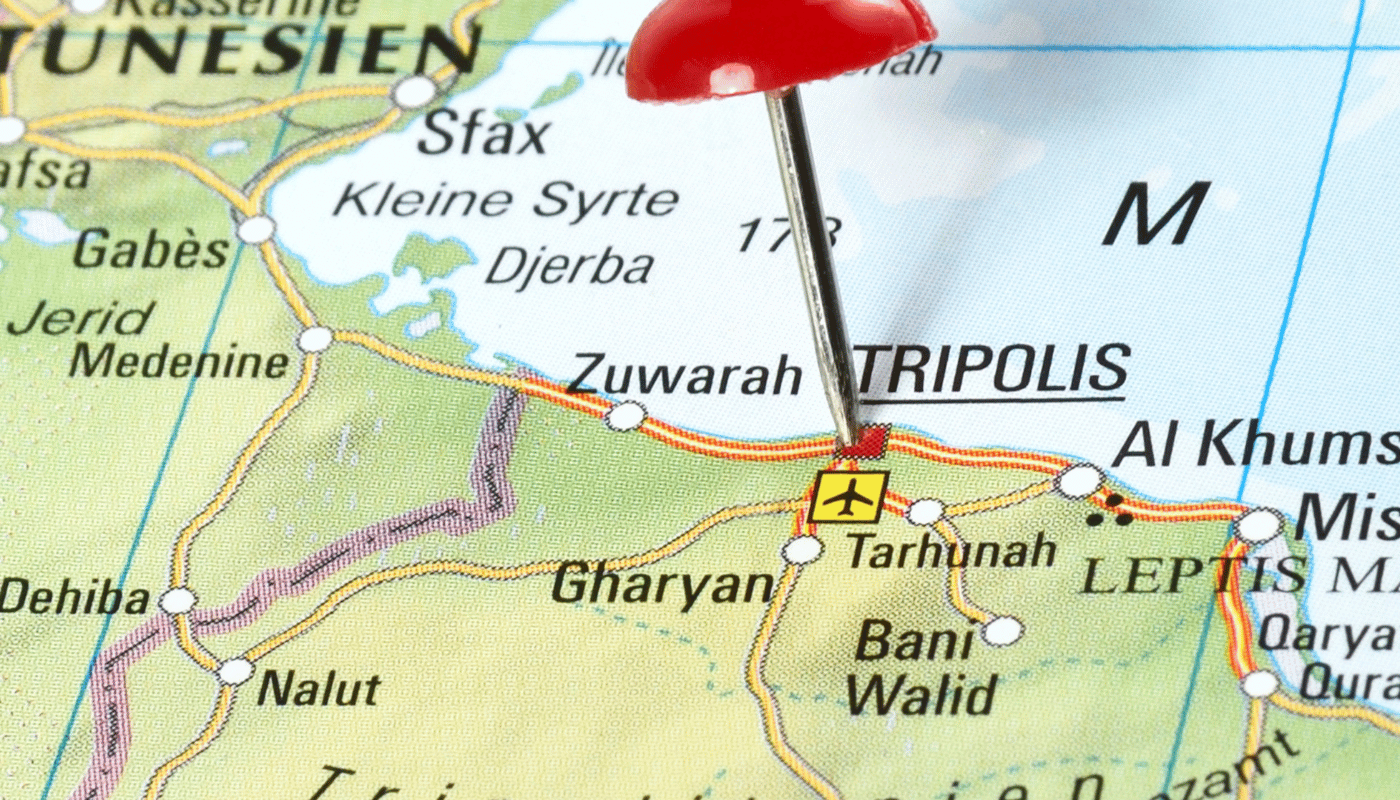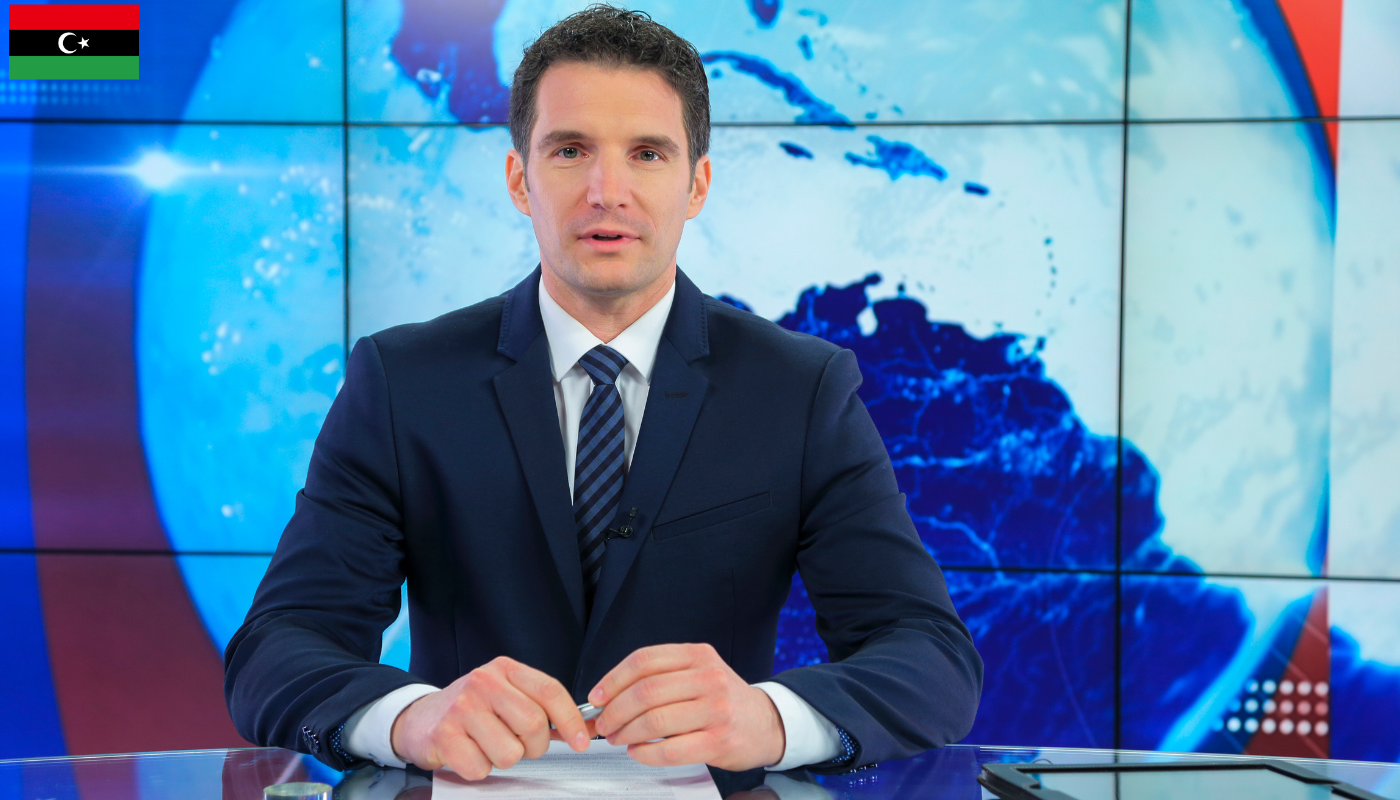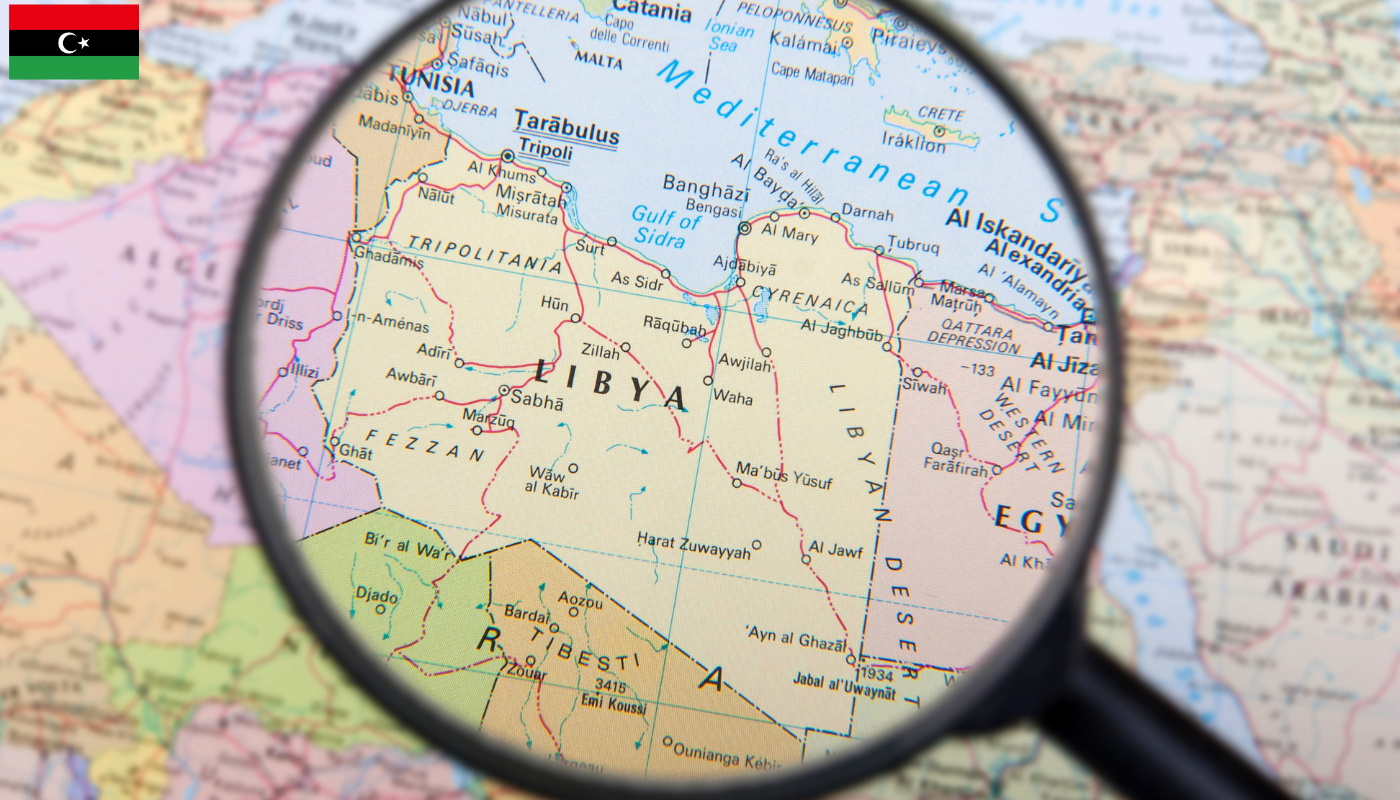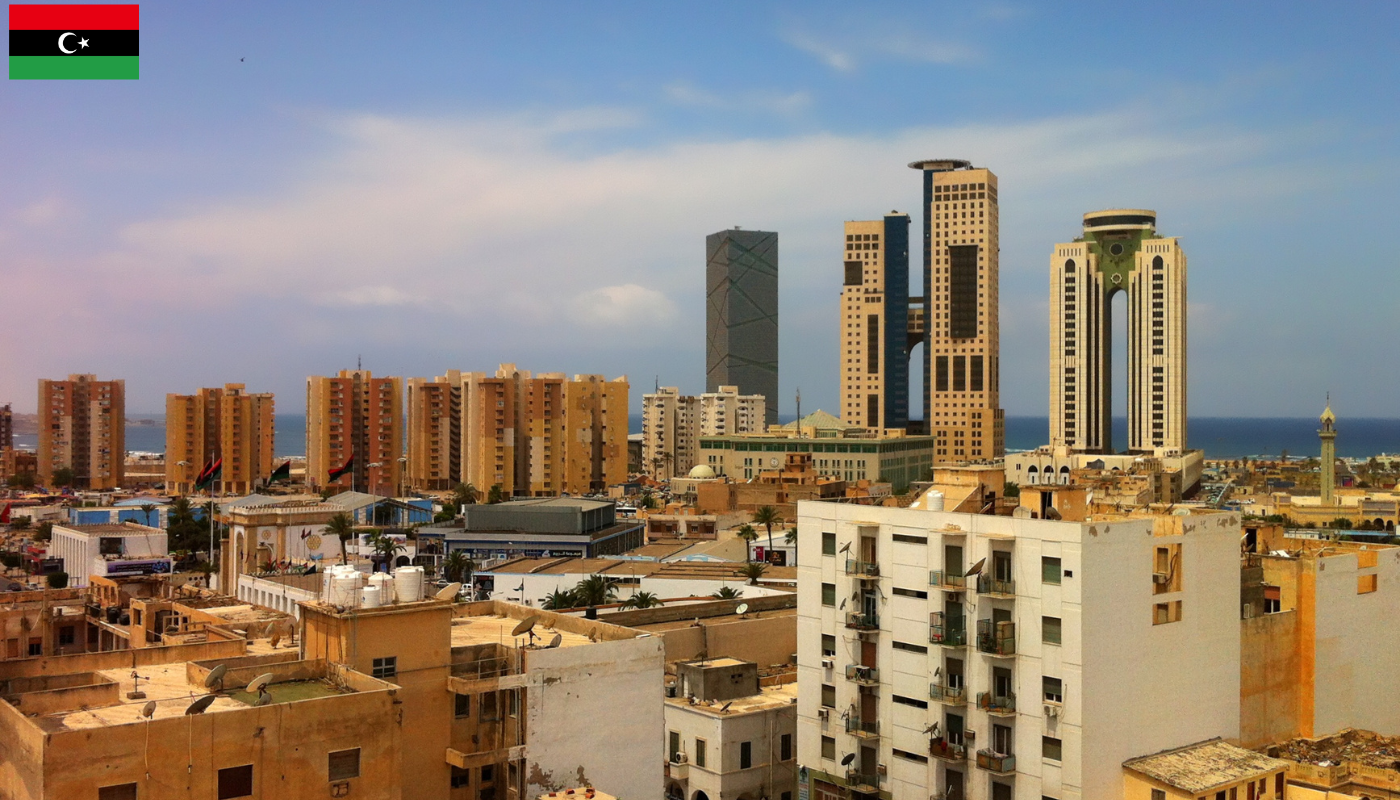The Libyan situation is witnessing unprecedented political moves and new developments for some major players inside and outside Libya. Such moves were marked by meetings and positions that imply something is changing about the current prevailing situation between parties to the conflict. But many parties fear such frequent moves and positions are like recent attempts to save the situation before the collapse and the major confrontations everyone fears; these could lead the country into a full-blown civil war if the political efforts fail.
A report published on Al-Araby Al-Jadeed website, which LIBYAPROSPECT is translating here, said that at the time when the head of the Libyan State Council, Abdul Rahman Al-Swehly, was visiting Algeria, the head of the House of Representatives (HoR), Ageela Saleh, was in Tunisia, while websites were circulating an interview with the head of the army of the HoR, General Khalifa Haftar, with an Italian publisher considering that political dialogue was untimely.
Saleh’s visit to Tunisia is remarkable; it came to break the deadlock that marked political relations between eastern Libya and Tunisia since the Tunisian President, Beji Caid Essebsi, decided to remain neutral with both parties to the conflict and reproached Tripoli, the natural extension for Tunisia, besides Tunisia’s decisive supporting position to the Presidential Council (PC) of the Government of National Accord (GNA) headed by Fayez Al-Sarraj. Eastern Libya (a metaphorical designation) considers Tunisia’s position as biased towards western Libya, unlike the Tunisian government pre-2014 led by Mahdi Juma, who hadn’t dealt with Tripoli, preferring the east.
Saleh’s statements in Tunisia reflect the beginning of an inclusive Libyan renaissance where no other solution exists but for everyone to sit around one table, which Tunisia and Algeria strongly advise for and invited Egypt to join, regarding the Tunisian initiative as “a step in the right direction” and calling Tunisia to continue its anti-foreign intervention position.
Saleh, who just returned from Moscow and Cairo, said in statements before heading to Tunisia that he had acquired Egyptian support for different suggestions to solve the crisis, including “minimizing the members of the PC to four: the president and three members representing the three regions, maintaining the House of Representatives (HoR) adjutant general position, separating the prime ministry from the PC, and canceling the defense portfolio for having a commander in chief of the army with the powers of the minister.”
Saleh should convince other Libyan parties, through the Tunisian mediator, and shall propose “the eastern Libyan position of the Algerian–Tunisian initiative.” His meetings with the Tunisian president, government, parliament, and foreign minister might shed some light on such efforts, besides his meeting with the UN envoy to Libya, Martin Kobler.
Tunisia and Algeria will indeed welcome any Libyan–Libyan agreement that ends a conflict causing them countless problems, but both are convinced that any concrete solution should include all Libyan factions: Islamists, liberals, and Gaddafi followers, as the conflict is not limited to a dispute between the HoR and the PC or between east and west without considering the disputes among the Eastern factions themselves and the Western as well.
Al-Swehly’s remarks, following his meeting with the Algerian Maghreb and African Affairs Minister, Abdel Qader Messahel, uncovered the same issue, as they “discussed expanding the spectrum of the national reconciliation and national consensus efforts seeking to include all Libyan parties.” But the term “all parties” also includes Haftar, who doesn’t seem excited about the political dialogue, saying that “the current situation requires defeating extremist groups before resuming the political movements.” His latest statement proved his unwillingness to talk with Al-Sarraj’s government as “no concrete outcomes resulted from previous conversations.”
On the other hand, observers in Tunisia confirmed to Al-Araby Al-Jadeed that such a position is just an attempt from Haftar to soften the Italian position, convincing everyone that his existence is vital in defeating Daesh and extremism in Libya. Haftar told the Italian publisher, “Italy chose to deal with the other side and sent 250 troops and medical staff to Misrata hospital, nothing for us. They promised to send us two planes to transport our injured troops to Italy for treatment, but nothing arrived until now. We expect more cooperation.”
He added that “Italy is supporting Misrata militias, which exceeds the medical mission. I know the hospital problems. The second man in your intelligence is my friend, often comes to visit me, we spoke many times. I recommend your country and others not to intervene in our local issues.”
Haftar’s spirits are high following his visit to Moscow, but Tunisian sources said that the Russian position, as a new player, could align with the Algerian–Tunisian initiative, due to the traditional Algerian rapprochement with Russia on one hand, and if the two parties succeeded in persuading Egypt on the other hand. This explains Essebsi’s persistence on holding a trilateral summit that could impose the solution on all Libyan parties.
In the field, everyone is afraid of decisive confrontation between the armed forces vying inside Libya. The spokesperson of Al-Bunyan Al-Marsous operation, Mohamed Al-Ghosry, issued a strong message to those he called “defeated criminal Haftar,” accusing him of “igniting sedition.” Al-Ghosry said that “shelling targeted Brigade 19.9 in Hun airport is a declaration of war from Haftar against Al-Bunyan Al-Marsous that will cost him much. We can’t accept such acts.”
Al-Ghosry called all politicians, the HoR, and the political elites to take a clear position, confirming that “Haftar’s aggression won’t last long; Al-Bunyan Al-Marsous shall respond in the right time.”






